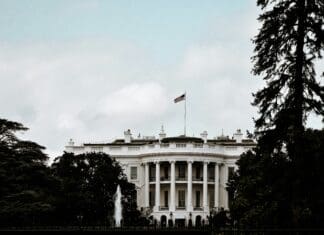This post is also available in:
 עברית (Hebrew)
עברית (Hebrew)
The past few years have been rough on law enforcement agencies around the world. Online communication is encrypted most of the time, making it difficult for institutions such as the FBI to intercept communications and specific information related to court orders. It is evident the government body would look for ways to alleviate these concerns. More specifically, the Going Dark project was introduced quite some time ago.
According to the FBI website, the organization supports strong encryption and has been on the front lines of the fight against cybercrime. However, the challenges faced by law enforcement to lawfully and quickly obtain valuable information are getting worse.
The project page officially acknowledges obtaining valuable information in a lawful manner is getting worse. That is not entirely surprising, to say the least. The number of communication service providers is increasing exponentially, and a lot of companies are not required to introduce lawful intercept capabilities. This means law enforcement agencies can’t legally access any of the communications passing through these protocols, unless they get a warrant to do so. Under the Going Dark banner, the FBI continues to identify individuals looking to commit criminal acts, online and in the real world. Even though these criminals aren’t only using encryption to mask communication, it remains a key problem for law enforcement agencies. It is evident this project will aim to enable the FBI do its job properly, although the question is whether or not if the ends justify the means. It is unclear what type of technology the law enforcement agency is using to get the desired results at this time.
Rest assured, projects such as Going Dark are also a part of pushing encryption backdoor as part of the political agenda.
According to themerkle.com, weakening encryption would give law enforcement agencies an unlimited access to consumer communication data at any given time. That is not something users should look forward to, as it is a clear breach of privacy. Then again, there is a certain trade-off between privacy and protecting the greater good. It has yet to be established which lines can’t be crossed. It also appears the FBI’s project may soon be expanded upon. The law enforcement agency has requested several billions of dollars in funding to focus on other threats facilitating cybercrime. As one would come to expect, virtual currencies are rather high on this new agenda. It is unclear what we can expect exactly, and whether or not the budget request will be approved.

























